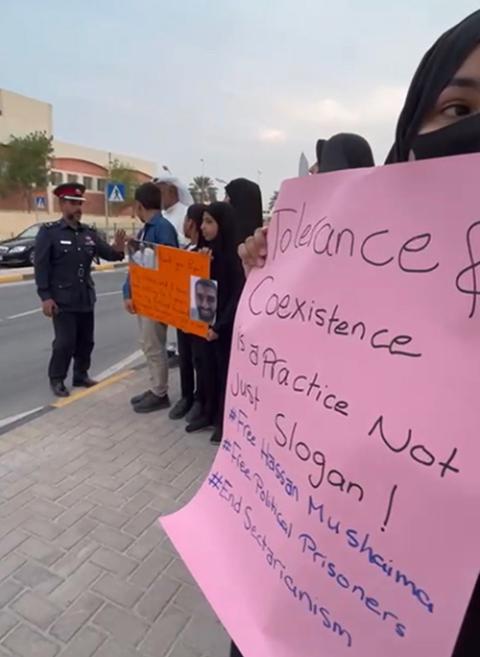Pope Francis has emerged as one of the most vocal leaders against the death penalty in recent years. His advocacy for human dignity and life has resonated across religious and secular audiences alike, sparking a global conversation about the morality of capital punishment. Through his teachings and revisions to the Catechism of the Catholic Church, Pope Francis continues to emphasize the sanctity of life, urging nations and individuals to reconsider their stance on this contentious issue.
As the leader of the Catholic Church, Pope Francis's influence extends beyond religion into the realms of politics, ethics, and human rights. His call to abolish the death penalty is not just a religious directive but also a moral imperative that challenges societies to rethink justice systems rooted in retribution. By framing the debate around the inviolability of human life, he invites reflection on how societies can better protect human dignity while addressing crime and punishment.
The Call for Compassion: A Global Appeal
Pope Francis has consistently called for prayer and action to abolish the death penalty, emphasizing its contradiction with the core values of humanity. In 2018, he revised the Catechism of the Catholic Church to explicitly state that capital punishment is inadmissible due to its violation of the dignity and inviolability of human life. This change marked a significant shift in Catholic teaching, aligning it more closely with modern understandings of human rights and ethical governance.
The Death Penalty Information Center (DPI), a prominent advocate against capital punishment, supports Pope Francis's stance by providing data and resources to highlight the flaws and injustices inherent in the death penalty system. Together, these efforts aim to educate the public and policymakers about the need for reform, promoting alternatives that prioritize rehabilitation over retribution.
Through his leadership, Pope Francis encourages Catholics and non-Catholics alike to reflect on the profound implications of taking a human life, urging them to embrace compassion and mercy as guiding principles in the pursuit of justice.
A Moral Imperative: Upholding Human Dignity
The Vatican's Congregation for the Doctrine of the Faith (CDF) officially updated the Catechism under Pope Francis's direction, affirming that the death penalty is no longer admissible under any circumstances. This decision followed an audience with the Pope, who approved the changes after extensive deliberation. The move underscores the Church's commitment to protecting human life at all stages and conditions.
This revision reflects a deeper understanding of the Gospel's teachings, which emphasize love, forgiveness, and the inherent worth of every individual. By declaring the death penalty inadmissible, the Church reaffirms its role as a defender of human dignity, challenging societal norms that justify violence as a means of achieving justice.
Pope Francis's declaration serves as a reminder that true justice must be rooted in respect for human life, encouraging societies to adopt restorative practices that address the root causes of crime while safeguarding the rights of all individuals.
Challenging Tradition: A Shift in Perspective
Pope Francis acknowledges that the Church's position on the death penalty has evolved over time, reflecting broader shifts in moral philosophy and societal values. He argues that the right to life is universally sacred and must be protected, particularly in contexts where the death penalty threatens the dignity of the human person.
While some critics question whether this stance departs from traditional teachings, Pope Francis insists that it is deeply rooted in Scripture and the principles of Christian faith. By opposing capital punishment, he aligns the Church with contemporary ethical frameworks that prioritize non-violence and reconciliation.
In doing so, Pope Francis invites believers and skeptics alike to engage in meaningful dialogue about the purpose of justice and the role of mercy in shaping a more humane world. His vision challenges us to imagine a society where the value of life is upheld even in the face of wrongdoing.
A Dialogue on Justice: Revisiting Tradition
Addressing a delegation from the International Commission Against the Death Penalty, Pope Francis reiterated his conviction that the death penalty undermines the fundamental dignity of the human person. He urged participants to work tirelessly toward its abolition, highlighting the importance of international cooperation in advancing this cause.
For many, the Pope's stance raises questions about the compatibility of capital punishment with religious and philosophical traditions. Luis Lugo, among others, explores why the Church has only recently arrived at this perspective, suggesting that evolving social contexts have prompted a reevaluation of long-held beliefs.
By engaging in such discussions, Pope Francis fosters a culture of critical thinking and openness, inviting people of all backgrounds to consider the implications of their views on justice and human rights. His leadership exemplifies the power of faith to inspire positive change, offering hope for a future where life is cherished above all else.

